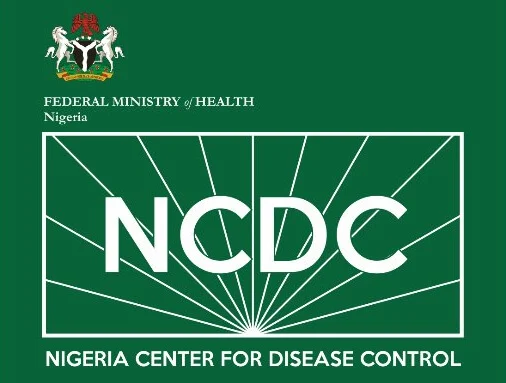Amid rising public health concerns, the Nigeria Centre for Disease Control and Prevention (NCDC) has confirmed outbreaks of yellow fever in six states, adding to a growing list of infectious diseases currently threatening communities across the country.
According to an alert issued by the agency on Friday via its official website, confirmed yellow fever cases have been recorded in Abia, Anambra, Edo, Ekiti, Lagos, and Rivers states.
Although no fatalities have been reported so far, the NCDC noted that under international health regulations, even one confirmed case constitutes an outbreak.
The development comes as Nigeria faces a simultaneous surge in cholera, dengue fever, diphtheria, and mpox (formerly known as monkeypox), with the NCDC warning of dire public health consequences if urgent interventions are not implemented.
The NCDC revealed that cholera cases have been reported in 34 states, with Zamfara accounting for a staggering 32% of all suspected infections. Other high-burden states include Bayelsa, Adamawa, Delta, Lagos, and Rivers.
“Cholera is an acute diarrhoeal disease that can lead to death within hours if left untreated,” the agency stated.
“It advised the public to treat drinking water, avoid open defecation, and practice good hygiene to curb the spread..
In addition to yellow fever, Edo State has recorded a confirmed dengue fever outbreak between June 9 and 13, following laboratory tests.
Dengue, like yellow fever, is transmitted by Aedes mosquitoes, which are thriving in poor sanitation conditions worsened by climate factors.
Nationwide Disease Convergence Alarms Health Experts
The NCDC described the current scenario as a “convergence of multiple outbreaks,” stressing that the simultaneous emergence of cholera, yellow fever, dengue, mpox, and diphtheria poses a severe risk to national health security.
“The country is grappling with overlapping health emergencies that require coordinated national action,” the agency said.
The NCDC reiterated the importance of yellow fever vaccination and called on state governments to intensify routine immunisation campaigns.
It also advised Nigerians to:eliminate mosquito breeding sites; use insecticide-treated nets ; apply insect repellents ; avoid self-medication, especially for fever and body pains, which could be misdiagnosed as malaria
Health workers have been urged to maintain a high level of alertness and promptly report suspected cases, as dengue and yellow fever are classified as notifiable diseases under Nigerian law.
To mitigate the crisis, the NCDC said it is working closely with the National Primary Health Care Development Agency (NPHCDA), state ministries of health, and international partners.
Efforts include the deployment of rapid response teams, enhanced laboratory surveillance, and community sensitisation campaigns.
“The fight against these deadly diseases requires collective vigilance from every Nigerian,” the NCDC stressed, adding, “Timely action can save lives and prevent avoidable tragedies.”
Anyone experiencing symptoms such as persistent diarrhoea, high fever, joint pain, skin rash, or jaundice is urged to seek immediate medical attention at the nearest health facility.
PLATFORM TIMES will continue to monitor developments and provide updates as the situation unfolds.
Do you want to share a story with us? Do you want to advertise with us? Do you need publicity for a product, service, or event? Contact us on WhatsApp +2348183319097 Email: platformtimes@gmail.com
We are committed to impactful investigative journalism for human interest and social justice. Your donation will help us tell more stories. Kindly donate any amount HERE




